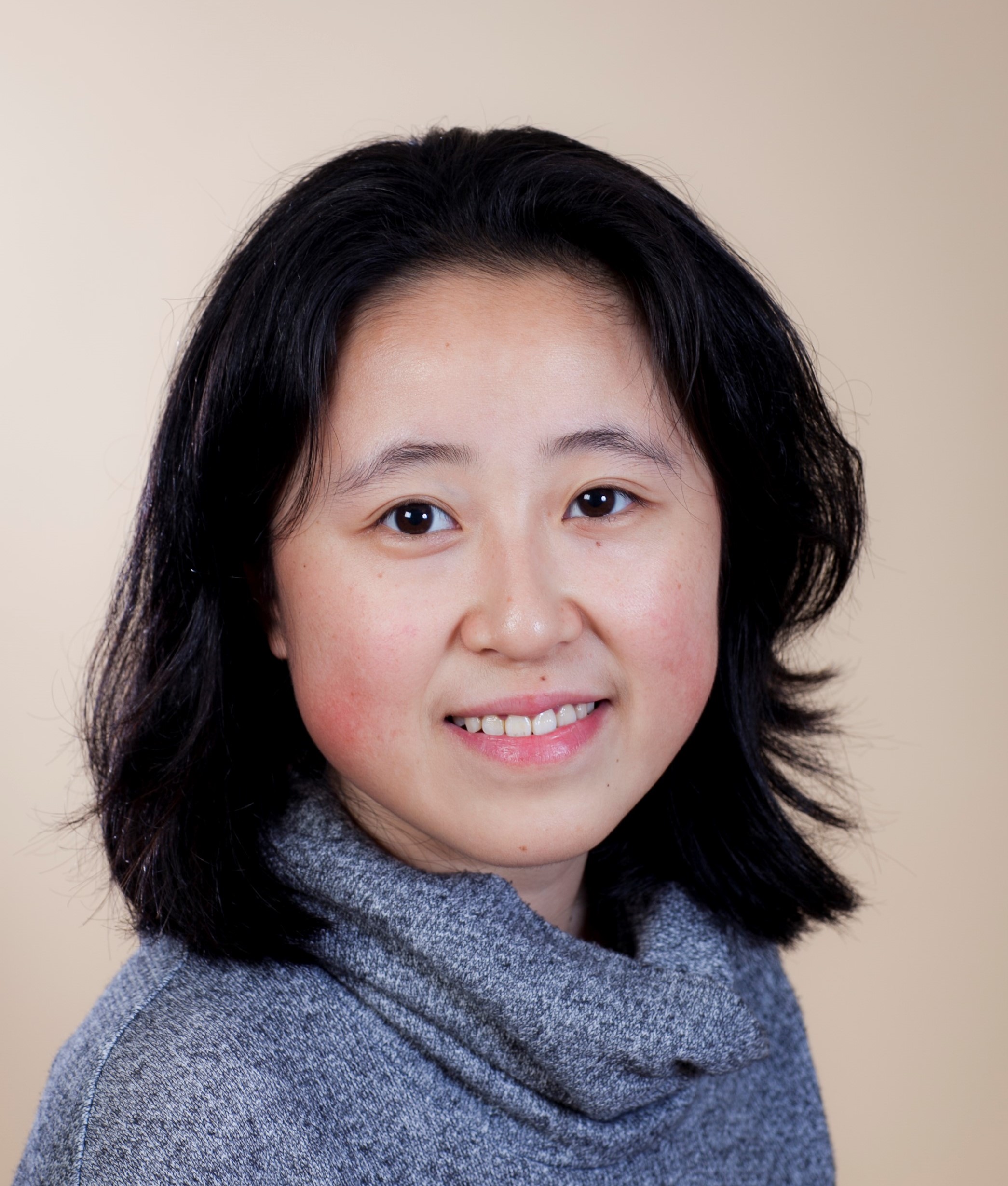Yujie Xu
NSF Postdoctoral Fellow 2022-2023
Research: Arithmetic Geometry, Number Theory and Representation Theory
Website: https://math.mit.edu/~yujiexu/

Q: What inspired you to do math? When did you first get interested in math?
“I was exposed to science at a very young age. My dad is an experimental scientist, and some of my earliest childhood memories involved me visiting his lab and looking at seemingly mundane objects that were suddenly revealed to be wonderfully complex under microscopes. Thanks to my parents, I had known from a young age that I’d want to pursue a career in science-related fields. It’s hard to say when exactly I got interested in math. I had read calculus in middle school and knew that I was interested in studying more math in college. I think I wasn’t serious about pursuing a career in research-style mathematics until the summer after my sophomore year, when I did a summer undergraduate research project (we call it “SURF” at Caltech) with Prof. Matilde Marcolli, which was a bit of a life-changing experience, without which I probably wouldn’t be doing research mathematics today.
Professor Marcolli suggested a project on “Quantum Statistical Mechanics and Arithmetic Topology”, which turned out to be the perfect project for an undergrad (like me) who didn’t know which specific area of mathematics she’d be most interested in and had absolutely no idea what doing math research was like. This SURF project involved a little bit of everything—from analysis to topology to even number theory. I had to read a lot of references and constantly learn new theories. In the end, I realized I enjoyed the number-theoretic aspects of this SURF project the most, out of all the topics involved; so in my junior and senior years at Caltech, I took a lot of graduate classes that I thought would prepare me better for doing research in number theory. This experience also convinced me to go to grad school and work in number theory. “
Q: What drew you specifically to number theory, and to the particular type of number theory that you work on? Can you describe what you work on to a general audience?
“I’m not sure if it’s easy to articulate what drew me to number theory. Sometimes when I learn a new theory or figure out a new lemma in number theory, I experience some similar feelings as when I listen to a beautiful concert, or stare at a beautiful painting. I think number theory, the particular kind of number theory, feels like art. It gives me peace and harmony, and beauty in my life. Obviously I can’t explain why I feel the way I feel about it, just like I can’t articulate why certain pieces by Mahler, Chopin, Rachmaninov, Beethoven, Tchaikovsky, etc. or certain paintings by Monet could bring me to tears. They just do. I find number theory every bit as beautiful as these art masterpieces.”
Q: What kind of obstacles did you face as a woman in math and how did you overcome them?
“I think everyone has their own unique set of experiences in this career path. Even among women, some might have experienced more obstacles than others. I think it’s hard to give general advice that would work for everyone, because everyone deals with obstacles differently. I would say one has to just do whatever works the best for oneself. Follow your instincts.”
Q: How do you choose which research questions to work on? How do you design your own research program?
“I think different people have different styles. I often find it easier to learn new techniques by working on a project that would require me to use those techniques—I learn theories the best by practicing using those theories; so I usually look for projects that I think will allow me to practice using certain techniques that I’m hoping to learn (sometimes from scratch!). Sometimes I also work on projects that are natural follow-up projects to my previous projects. I really enjoy learning new theories, as I find myself getting bored with theories I already know pretty quickly, so I’m always looking for new topics to learn.
In some sense, every project happens for a reason: either I’m trying to learn a new technique that I haven’t mastered before, or I’m trying to answer a certain natural question following a previous project. To an outsider, it might seem like I’ve worked on many seemingly unrelated projects, but in my mind they’re all intricately connected in some grand scheme of things and are all helping me reach certain long-term research goals—my dream theorems! In some sense, doing research feels like going on a treasure hunt. We might all have that `One Piece’ that we’re searching for, but in order to reach that final `island’, we need to master many techniques that we will pick up along the way—along those intermediate `islands’ that are my intermediate projects.”